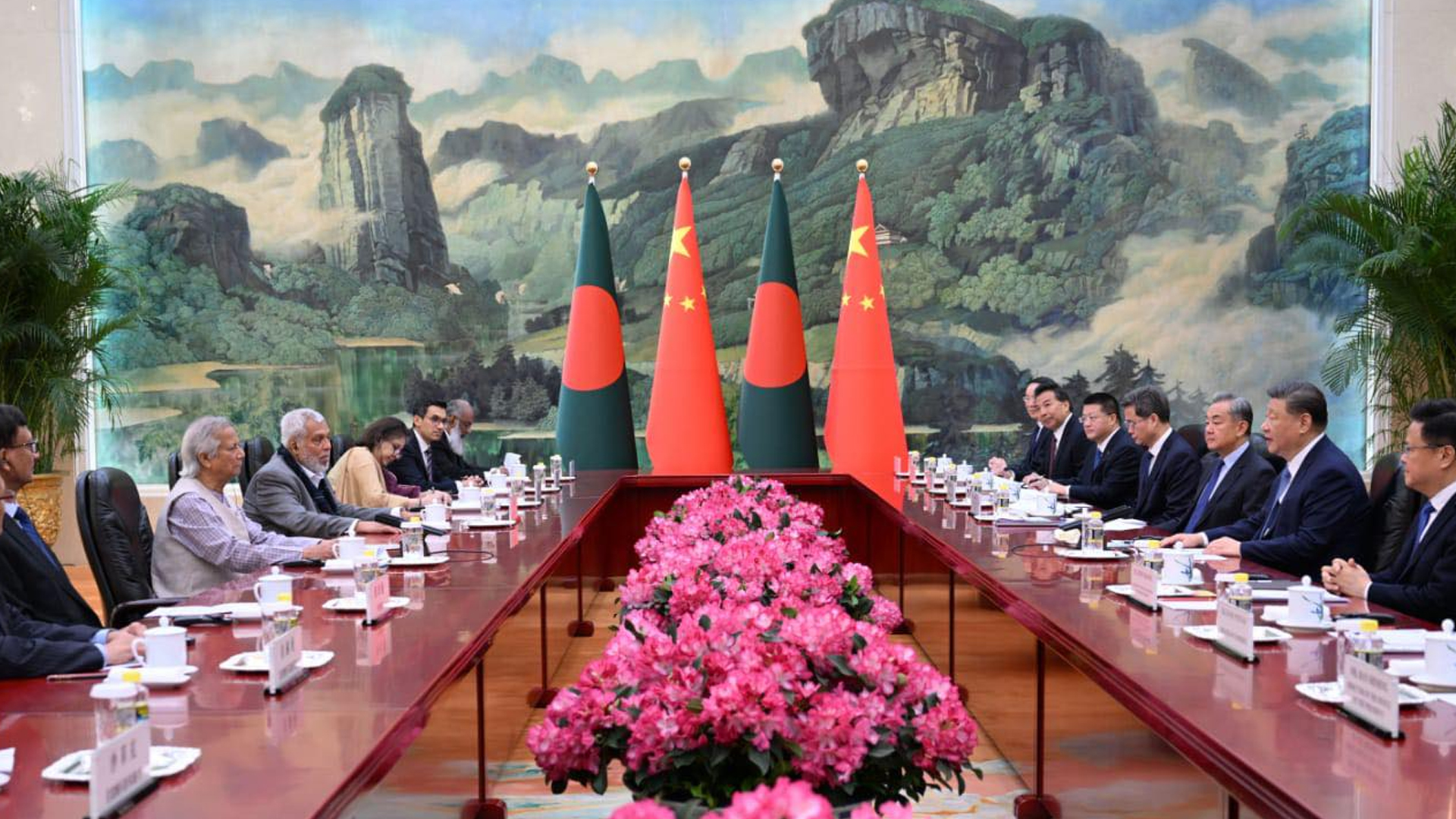This content is restricted to site members. If you are an existing user, please log in. New users may register below.
Bangladesh and China Mark 50 Years of Friendship: A Deepening Strategic and Defence Partnership

Reading Time: 3 minutes Bangladesh and China today marked the 50th anniversary of their diplomatic relations, celebrating five decades of mutual trust, development, and strategic alignment. On this historic occasion, Chinese President Xi Jinping and Bangladesh President Mohammed Shahabuddin exchanged congratulatory messages, reaffirming their commitment to further deepen the long-standing partnership between the two nations. A Half-Century of Strategic Understanding When Bangladesh and China established diplomatic relations in 1975, few could have predicted the depth the relationship would reach. Over the past five decades, the two countries have evolved from friendly neighbours into comprehensive strategic partners, collaborating across defence, infrastructure, trade, and technology. President Xi Jinping, in his message, described the two nations as “traditional friendly neighbours” whose ties have endured through changing global circumstances, guided by the Five Principles of Peaceful Coexistence. He praised the success of recent cooperation under the Belt and Road Initiative (BRI), which has delivered

